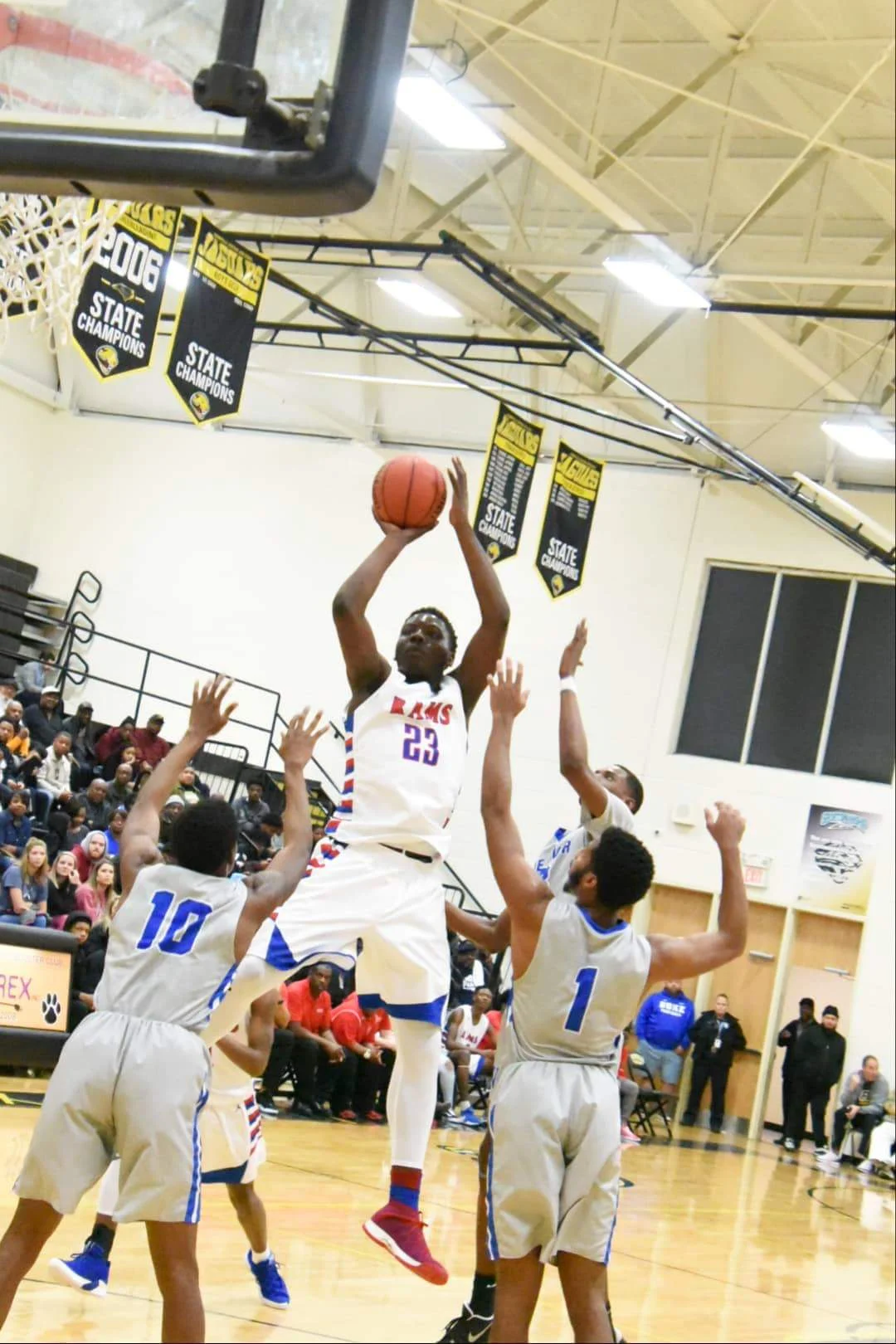Mike Parker: 'Historical cleansing' continues at UNC
The evening of Aug. 20 saw a group of well-organized activists show up at the Confederate Memorial at the University of North Carolina at Chapel Hill. They were equipped with the accessories to cover the memorial and the tools to topple it without destroying it.
A crowd of about 300 watched and cheered as the statue, known as “Silent Sam,” came down.
Police officers stood around and watched, having received orders not to intervene except to protect human life and maintain safety. In the end, police arrested seven “protesters” and one other person who had worn a covering on his face. Wearing a covering on the face during protest is against the law in North Carolina.
Since that evening, those incensed by the toppling of the memorial have worked to have it reinstated where it originally stood. The Board of Governors attempted to have the statue moved to a new campus building to allow it to be properly “contextualized.” That plan was nixed.
USA Today reported that under cover of darkness the evening of Jan. 14, workers removed the pedestal of the memorial to the 1,000 students from the University of North Carolina who interrupted their lives to fight for their home state.
“Overnight, workers removed the base and tablets from the Confederate Monument site,” UNC Chancellor Carol Folt said hours later on Twitter, according to the USA Today report. “I am confident this is the right decision for our community — one that will promote public safety, enable us to begin the healing process and renew our focus on our great mission.”
I am not sure a “healing process” is what I and others like me are feeling. Instead, I feel disrespect heaped upon those who, like my ancestors, fought those who invaded their homes.
What troubles me most is the way in which everything “Confederate” ends up labeled “white supremacist.” I am willing to admit that nearly all white southerners of the time were indeed white supremacists if everyone else is equally willing to admit that nearly all white northerners were also white supremacists.
During the Lincoln-Douglass debates in 1858, Abraham Lincoln said: “Before preceding, let me say I think I have no prejudice against the Southern people. They are just what we would be in their situation. If slavery did not now exist amongst them, they would not introduce it. If it did now exist amongst us, we should not instantly give it up.
“What next? Free them all and make them politically and socially our equals? My own feelings will not admit of this. And if mine would, we well know that the great mass of white people will not. We cannot, therefore, make them equals.
“What then? Free them all and keep them among us as underlings? Is this quite clear that this betters their condition?”
Lincoln served in the Illinois legislature, a body that would not extend the right to vote to African-American people, that would not allow them to sit on juries, and that exacted taxes from African-Americans to support schools that African-American children could not attend.
In 1848 the Illinois Constitution was amended to prohibit the entrance of “free Negroes and mulattos into the state.”
Although Lincoln is often called “The Great Emancipator,” the plain fact is he favored colonization of African-Americans to other parts of the Western hemisphere rather than emancipation. In fact, as a member of Congress, Lincoln even voted against a bill that would have outlawed slavery in the District of Columbia.
My purpose in presenting these historical facts is not to discredit Lincoln, and I certainly do not believe people should storm the Lincoln Memorial to topple his statue.
What has happened through the years, and especially since the 1960’s, is all the responsibility for racism and white supremacy has been heaped on the South — especially on the Confederacy. However, the responsibility for racism is a national responsibility that blemishes the history of all 34 states that then formed the United States.
Each time I look at a memorial to Confederate soldiers, I honor the valor and determination of men who, like my ancestors, faced incredible odds and, yet, still fought on. We could learn much from their bravery and persistence. Memorials to these people should not bear the racist sins of the entire nation.
Mike Parker is a columnist for The Neuse News. You can reach him at mparker16@gmail.com.




